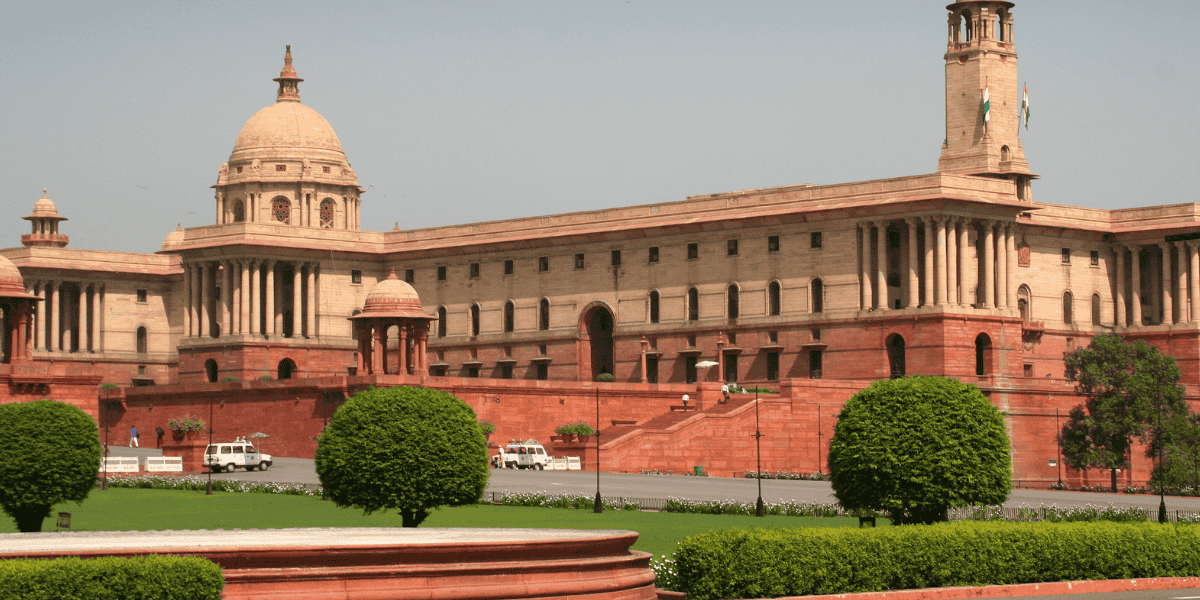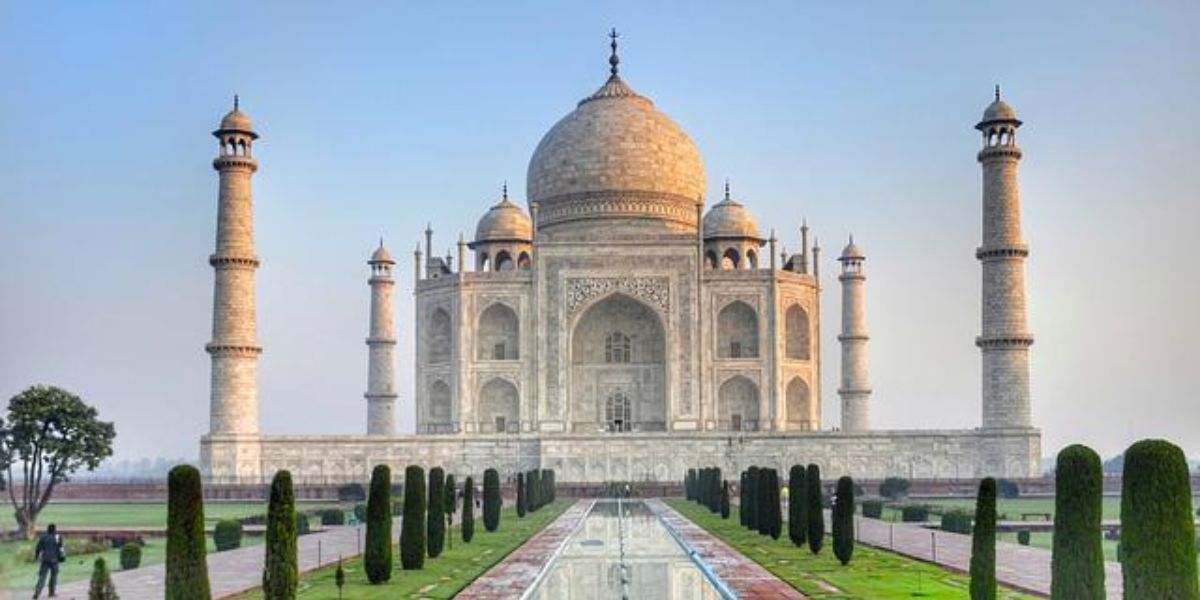The Union Cabinet approved the Constitutional Amendment Bill on Goods and Services Tax (GST) on 17 December 2014 and this can be passed to parliament for consideration.
The clearance of the Bill by the Cabinet was achieved by a compromise. It was agreed that entry tax would be subsumed under GST, whereas petroleum products would continue to be taxed under current rules. It was also agreed that the states would be compensated for tax losses that occur due to the introduction of GST. The next step is for the bill to be introduced in the Parliament. If passed, the GST regime would need to be “ratified” by at least 15 states.
Capital gains tax involving joint development land agreement:
The Bangalore Bench of the Income-tax Appellate Tribunal held that at the moment in time when the owners of land handed over possession of a property to the developer under a joint development agreement, there was a right to receive the developed area that accrued to the land’s owners and this resulted in a capital gains tax liability. The full value of consideration was the cost of construction incurred by the developer on the taxpayer’s share of the constructed area because the taxpayer would receive the constructed area in lieu of the land given to the developer.
Management service fees:
The Pune Bench of the Income-tax Appellate Tribunal held that management service fees received from Indian subsidiaries are not taxable as “fees for technical services” under the India-Sweden tax treaty by applying the “most favored nation” clause. Therefore these will not be taxable under the India-Sweden tax treaty.















